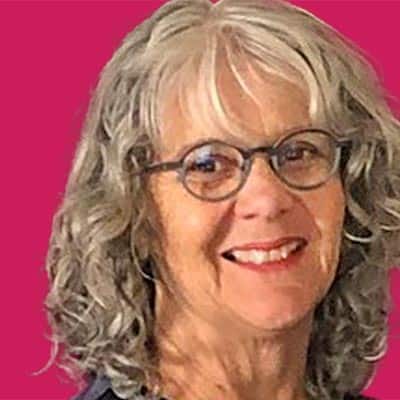Assessment allows us to understand more about the progress of each individual student, which students may need additional support and in which areas, and the effectiveness of different teaching approaches and interventions.
In this section
Assessment approaches
As assessment serves different purposes, a range of approaches to assessment is needed in early literacy. The starting point is understanding what you want to measure and why. Below is a table showing the knowledge and skills you will want to assess during a student’s first year at school and tools that can be used to measure these in more formal ways. Small group lessons provide a useful opportunity to informally monitor and assess students’ progress across the range of skills and knowledge that they are developing and to identify any gaps that they may have.
| Knowledge or skill to check | Tools to use |
| Phonological awareness | a phonological screening tool (see for example the GKR phonemic awareness test available on Te Kete Ipurangi) |
| Alphabet knowledge | Letter name and sound (see for example the alphabet test on Te Kete Ipurangi) Speed of naming (See for example DIBELS, which are a series of timed tests that are standardised and normed for grade level) |
| Decoding skill | Reading words according to phase (c-v-c -> cc-v-c -> c-vv-c, and so on) See for example the Adapted Bryant test on Te Kete Ipurangi |
| Encoding skill | Spelling check according to phase (see scope and sequence) |
| Word reading | Word list of high frequency words Burt (from 6 years old) |
| Text reading | Reading an unseen text appropriate to phase (see Scope and sequence) Burt (from 6 years old) |
| Text writing | Analysing a piece of children’s writing using criteria |
Videos to watch
Please note, when the video plays, you can use the controls at the bottom of the player to expand the video to full screen.

Assessment
Tracy Orr, a teacher at Hokowhitu School, discusses the range of formal and informal assessments they use during their students’ first two terms at school.
Reporting to parents
Teacher Kate Smith explains Nayland Primary’s approach to assessment during the first year at school and how they engage with parents and whānau to update them and let them know how to support students at home.
Assessment of writing
Dr Helen Walls discusses the importance of informal assessment of students’ writing by looking at recent writing work the students have completed and identifying the next steps in the teaching and learning process.

